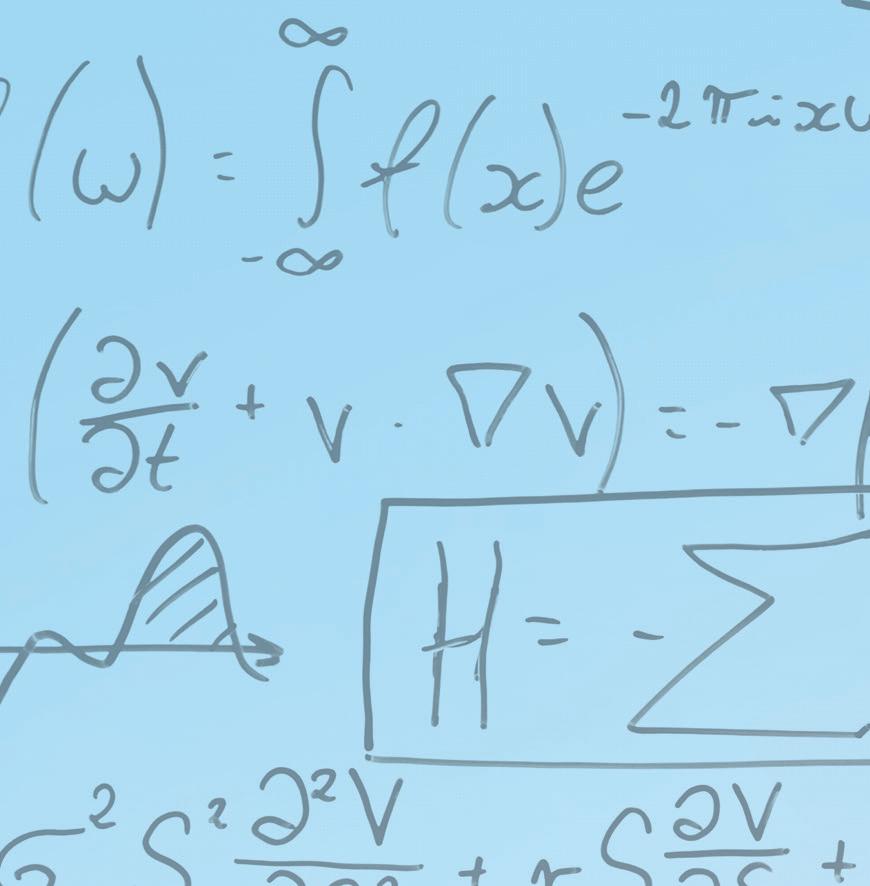
3 minute read
Incentivising waste
EDITORIAL:
Editor: Serena Lim serenalim@quartzltd.com
+44 (0)1737 855066
Assistant Editor: Gill Langham gilllangham@quartzltd.com
+44 (0)1737 855157
SALES:
Sales Manager: Mark Winthrop-Wallace markww@quartzltd.com
+44 (0)1737 855114
Sales Consultant: Anita Revis anitarevis@quartzltd.com
+44 (0)1737 855068
PRODUCTION:
Production Editor: Carol Baird carolbaird@quartzltd.com
CORPORATE:
Managing Director: Tony Crinion tonycrinion@quartzltd.com
+44 (0)1737 855164
SUBSCRIPTIONS: Jack Homewood subscriptions@quartzltd.com
+44 (0)1737 855028
Subscriptions, Quartz House, 20 Clarendon Road, Redhill, Surrey RH1 1QX, UK
© 2023, Quartz Business Media ISSN 0267-8853
WWW.OFIMAGAZINE.COM
A member of FOSFA
Oils & Fats International (USPS No: 020-747) is published eight times/year by Quartz Business Media Ltd and distributed in the USA by DSW, 75 Aberdeen Road, Emigsville PA 17318-0437. Periodicals postage paid at Emigsville, PA.
POSTMASTER: Send address changes to Oils & Fats c/o PO Box 437, Emigsville, PA 17318-0437
Published by Quartz Business Media Ltd Quartz House, 20 Clarendon Road, Redhill, Surrey RH1 1QX, UK oilsandfats@quartzltd.com
+44 (0)1737 855000
European biofuel producers and organisations are increasingly concerned about a flood of Chinese biodiesel imports which they believe may be fraudulently labelled to qualify for EU green fuel incentives.
Chinese exports of biodiesel to Europe have jumped since 2022, according to Bloomberg, with EU imports of used waste oils and fats, and biodiesel produced from them (used cooking oil – UCO – methyl ester) amounting to some 500,000 tonnes since the end of 2022, the Union zur Förderung von Oel- und Proteinpflanzen (UFOP) says. The rise in Chinese exports to the EU has coincided with China importing more palm oil mill effluent (POME) from Malaysia and Indonesia, at a time when palm oil production has been stagnating.
Bloomberg reports that China may be mixing biodiesel with cheaper feedstocks like POME and exporting them to Europe, with Hainan island serving as a trans-shipment hub (see p10).
“You have a massive inflow of premium products arriving on the EU market at a very low price, probably also partly because it is not based on the real feedstock” says European Biodiesel Board secretary general Xavier Noyon. “At least that is what we strongly suspect.”
The EU has a binding target that 14% of the energy used in its transport sector must be renewable by 2030, with at least 3.5% of the target coming from advanced biofuels, which can be made from UCO as well as other waste feedstocks. Advanced biofuels can be ‘double-counted’ towards the target.
“Such virtual crediting to meet quota obligations reduces physical demand accordingly, especially for rapeseed oil-based biodiesel,” says UFOP. This has driven down EU prices for rapeseed and rapeseed oil, which have dropped some 30% in the past five months, sliding below €400/tonne at the end of May for the first time since November 2020.
The supply pressure from Chinese biodiesel imports also means some EU biofuel plants have partially or totally halted output, according to the European Waste-Based & Advanced Biofuels Association.
While it could be said that the EU has shot itself in the foot with its own incentives, demand for UCO-based renewable fuels is a global phenomena which is only set to increase as countries move away from crop to waste feedstocks.
Production volumes of UCO-based biofuels more than quadrupled from 1.48M tonnes in 2010 to 6M tonnes in 2019, according to Cornelius Claeys, a biofuels analyst with Stratas Advisors. In 2021, UCO biofuel consumption rose by another 10% compared to 2019.
While theoretical global UCO potential could be up to 28M tonnes by 2030, logistical barriers, rising collection costs, certification requirements, export restrictions and decreasing quality of marginal UCO mean this number is “purely hypothetical.” Claeys says.
Global production and demand for renewable diesel and sustainable aviation fuel is only set to rise, with UCO a favoured feedstock. The EU has, for example, just announced that starting in 2023, aircraft fuel needs to be mixed with 2% sustainable fuels, rising to 70% by 2050 (see p10).
As Vasu Vasuthewan of the International Sustainability & Carbon Certification told a May conference: “When the demand is exponential in such a way, there will be the problem not only of supply, but also the incentive for all kinds of fraud in the supply chain.”
Serena Lim, serenalim@quartzltd.com
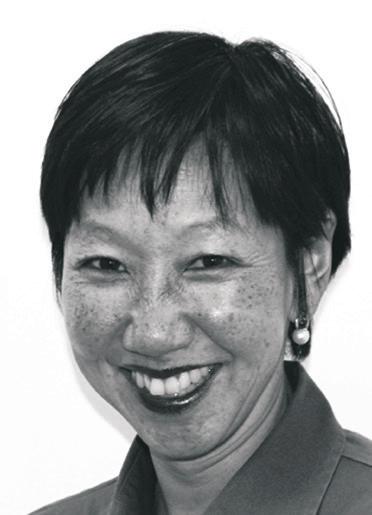
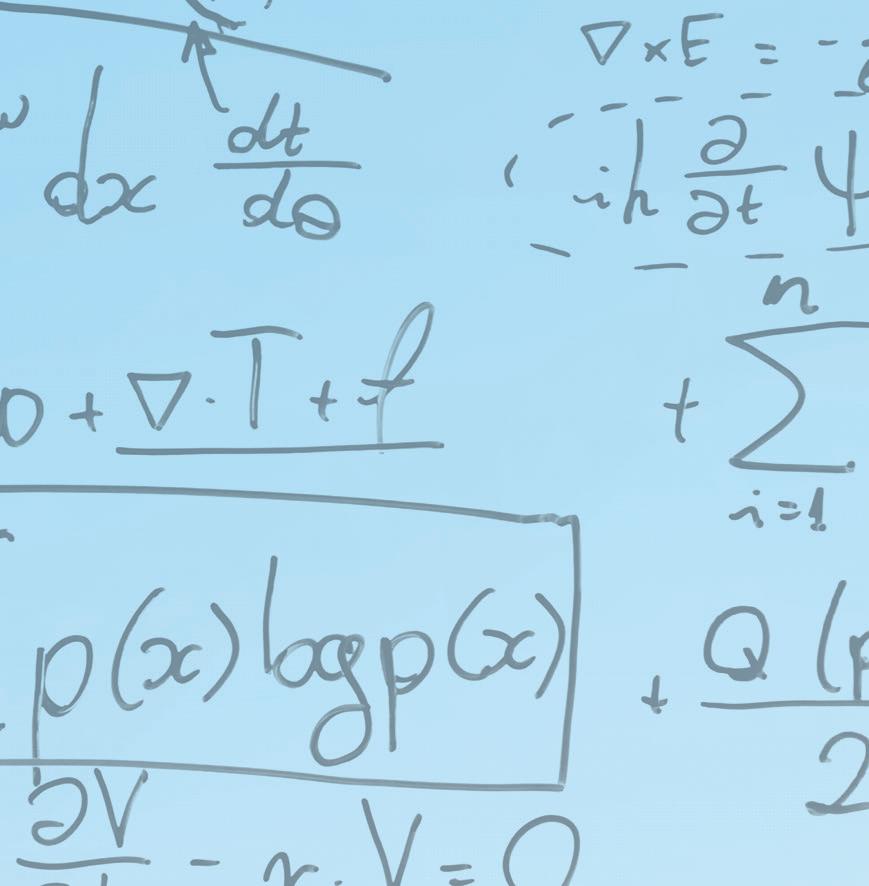
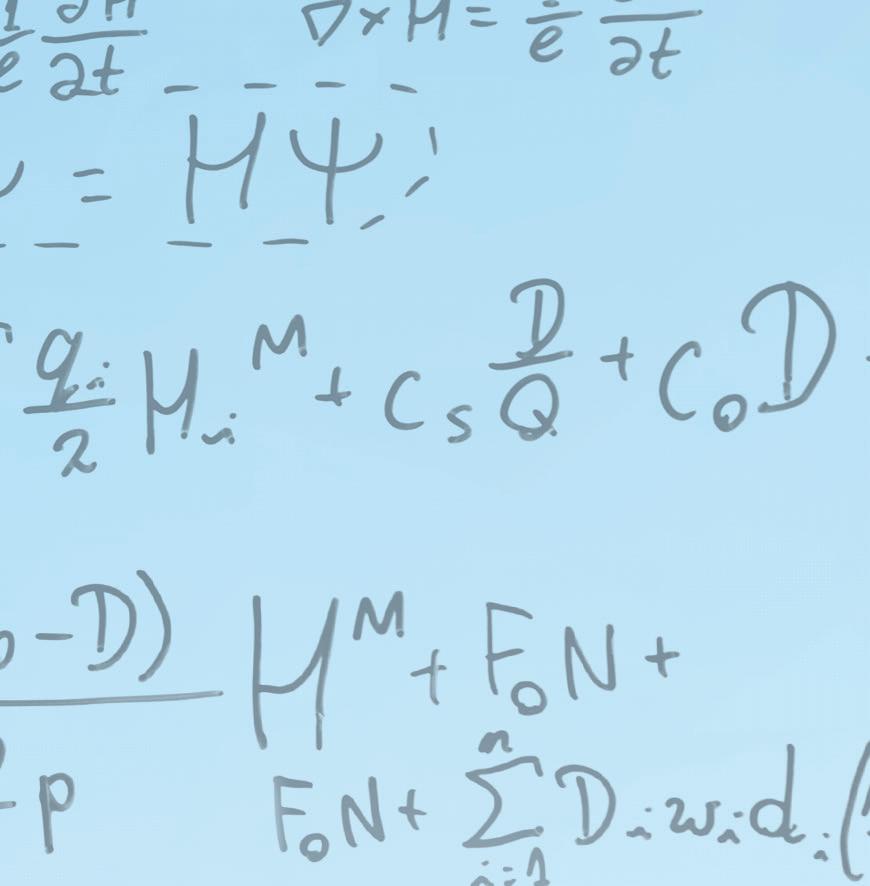
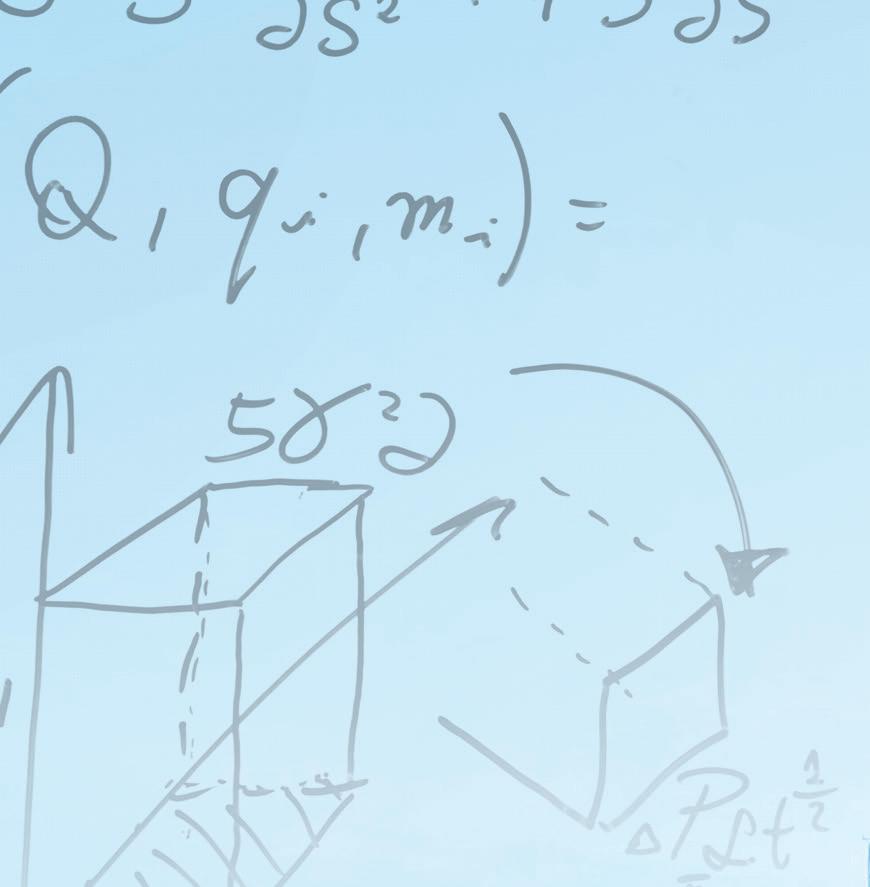
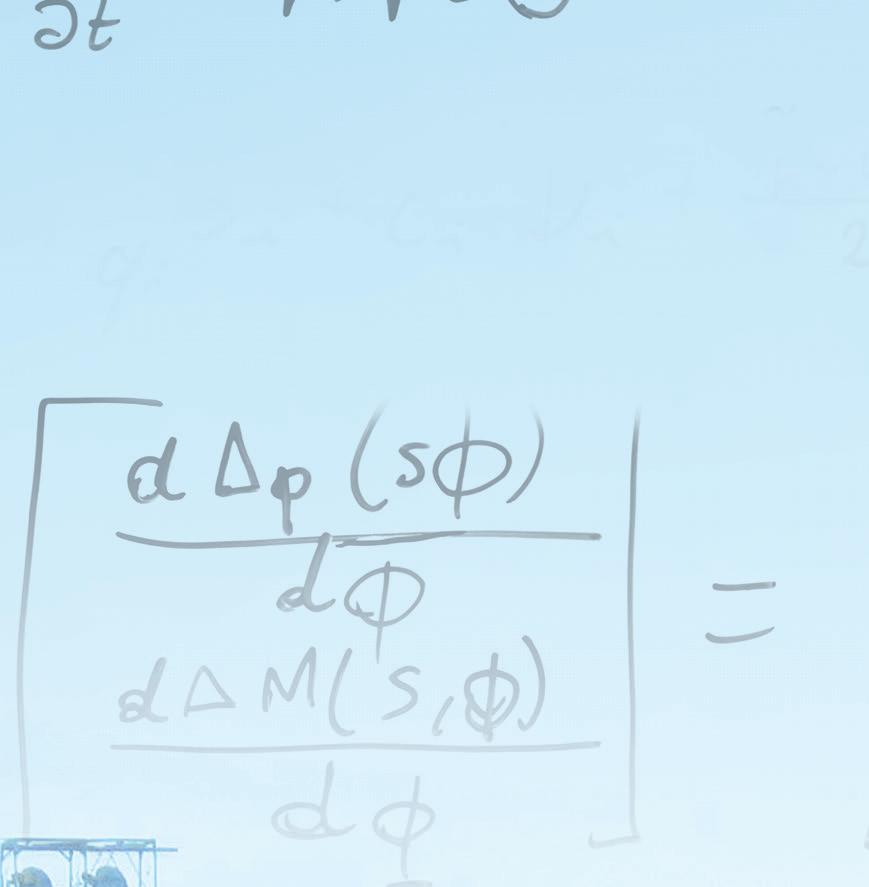
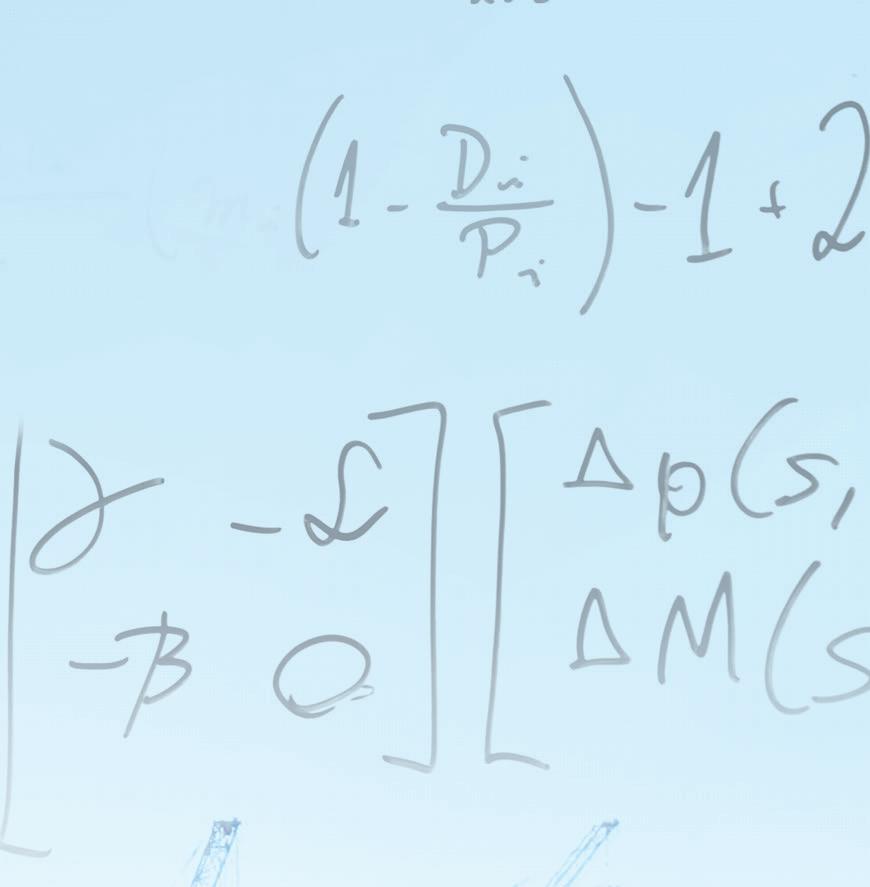
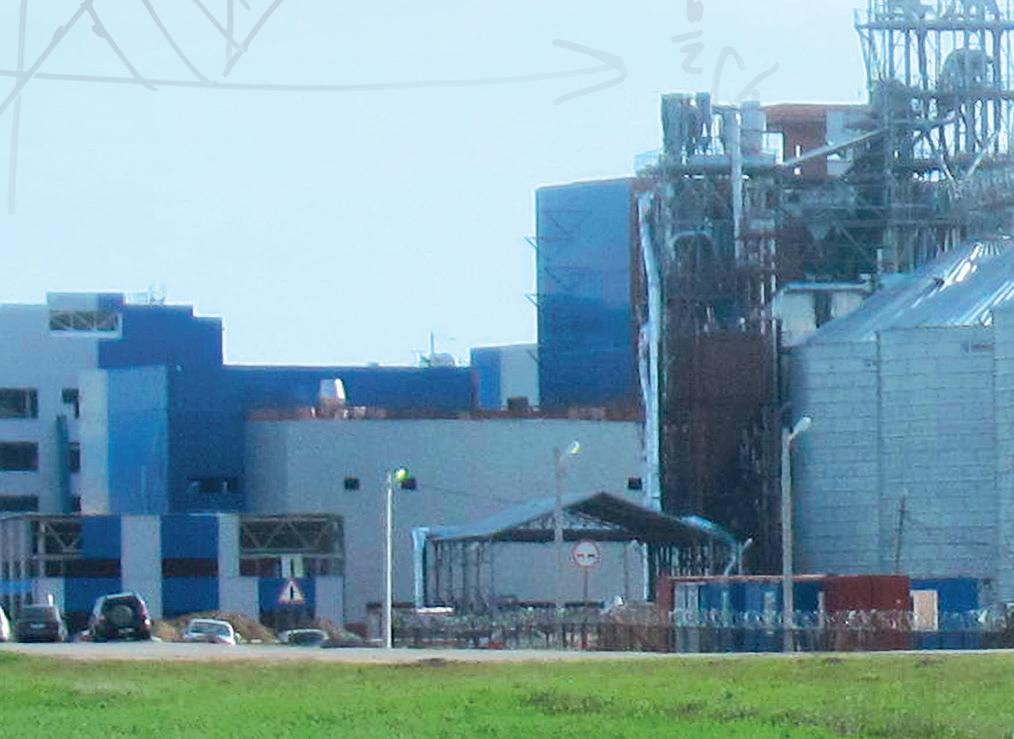
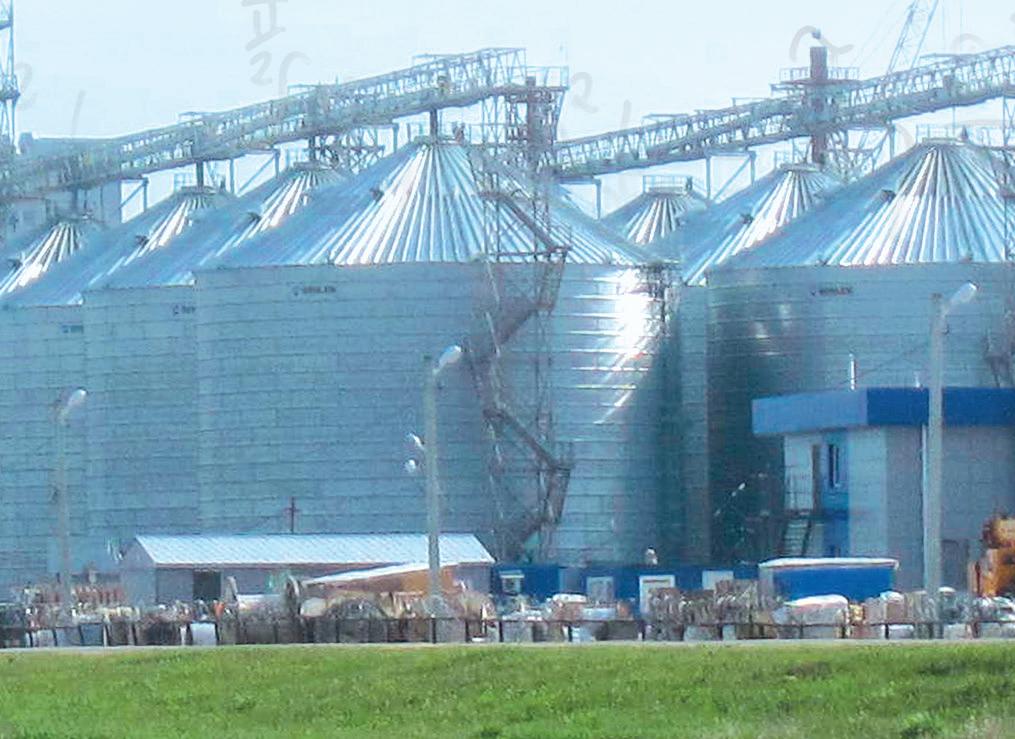

BLACK SEA: The Black Sea Grain Initiative (BSGI) was extended for another two months – a day before it was due to end on 18 May.
The BSGI was signed on 27 July 2022 to allow agricultural food exports from Ukraine’s Black Sea ports of Odessa, Chornomorsk and Pivdennyi.
Turkish president Recep Erdoğan said the parties involved in the deal – Ukraine, Russia, Turkey and the United Nations (UN) – would continue to work to ensure all the terms of the agreement were met, AgriCensus wrote on 17 May.
While confirming the extension of the deal until 18 July, Ukraine’s infrastructure minister Oleksandr Kubrakov cautioned that the Russian side had been blocking the inspection of vessels willing to enter the Black Sea since April, which had hampered BSGI operations.
UKRAINE: Sunflowerseed production in Ukraine is forecast to increase by 14% in the 2023/24 marketing year to 12.7M tonnes, the Ukrainian Grain Association (UGA) says. This could lead to sunflowerseed exports rising to 1.2M tonnes and domestic sunflowerseed processing increasing to 11.5M tonnes, AgriCensus wrote on 1 June.
However, total potential grain and oilseeds exports in 2023/24 were forecast to drop to 43.9M tonnes.
“A sharp drop is expected due to the occupation of Ukrainian territories, mined territories, and continued hostilities, as well as the lack of funds and other resources for farmers,” the UGA said.
UGA said its forecasts would only be realistic if the Black Sea grains corridor continued to operate and was not affected by further suspensions or interruptions, AgriCensus wrote.









